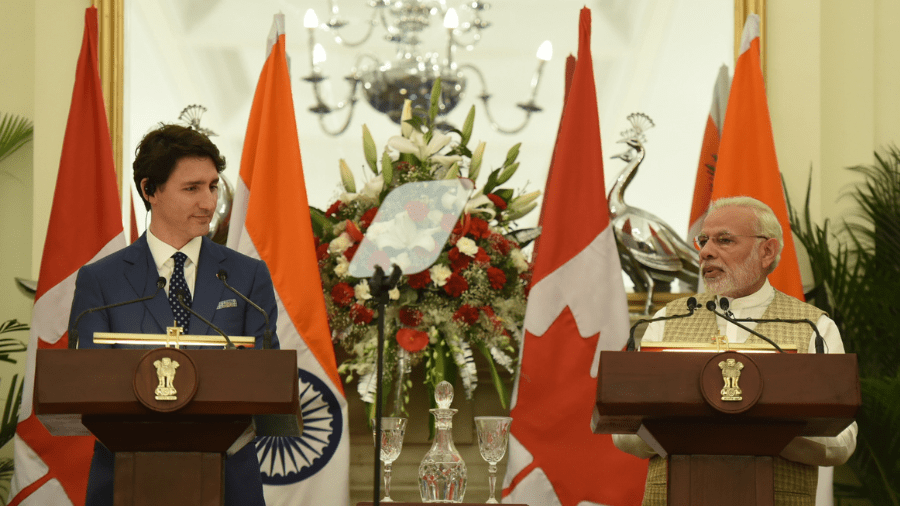This article originally appeared in iPolitics. Below is an excerpt from the article, which can be read in full here.
By Shuvaloy Majumdar and Vijay Sappani, December 12, 2022
With Canada’s much-awaited Indo-Pacific strategy now public, Foreign Affairs Minister Mélanie Joly says the new strategy will take on an increasingly belligerent China and improve engagement with Pacific democracies, particularly India. Defence Minister Anita Anand has also indicated an increasing military presence in the Indo-Pacific.
But countering China and engaging India are already central to the Indo-Pacific strategies of our allies, so Canada is last to the game, increasingly left behind by those allies.
In 2004, India, Japan, Australia and the U.S. formed the Quadrilateral Security Dialogue — or the Quad — to launch a new vision of democratic cooperation in the region. Beijing’s belligerence toward its neighbours, coupled with Afghanistan’s rapid deterioration, underscores the importance of such a group, and the Quad has gone from being an annual conversation to conducting regular military and naval exercises to enhance members’ joint operating capabilities.
On the Indo-Pacific’s western side is the recent I2U2, an “Indo-Abrahamic Alliance” of Jewish, Hindu, Muslim and Christian majority nations: India, Israel, the U.A.E. and the U.S. Former Indian ambassador Navdeep Suri underscores its economic ambition, coordinated by economic officials “to give a concrete shape to two ambitious projects related to food security and clean energy.” The accomplishment stands in sharp contrast to old groupings where religion or political ideology would matter.
***TO READ THE FULL ARTICLE, VISIT IPOLITICS HERE***






